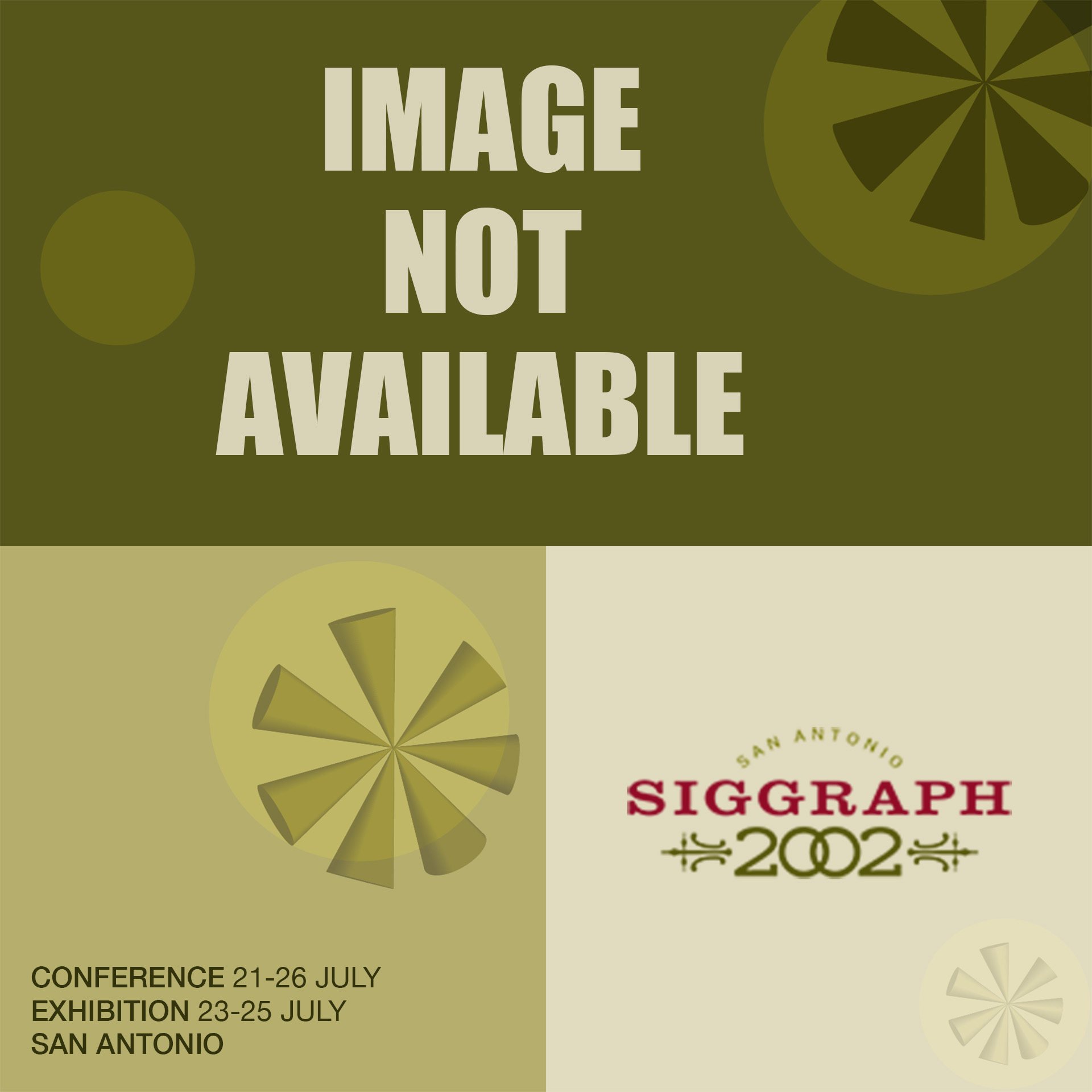“Game Development, Design and Analysis Curriculum” by Rocca, Hunike, Spector and Zimmerman
Conference:
Type(s):
Title:
- Game Development, Design and Analysis Curriculum
Presenter(s)/Author(s):
Abstract:
Electronic gaming has changed. What was a curiosity twenty years ago is now one of the most popular forms of entertainment for all age groups. Games are now an accepted, pervasive part of US and world culture. The new ubiquity of games demands that we understand them as commercial products, aesthetic objects, learning contexts and cultural phenomena. This, in turn, creates a demand for people to fill a variety of roles associated with the creation, consumption and analysis of games.
For gaming to have a healthy future, industry and academia must find or create new contributors with new goals, ideas and experiences. We believe that educators have the best chance of creating and fostering these new goals and ideas while industry brings to the table a vital experiential understanding of the realities of game development. Academia and industry must work together, then, if progress is to be made.
Schools have begun to recognize the cultural and academic relevance of games. In addition to their increasing presence in the fabric of student life, games are rapidly evolving – diversifying and broadening their role as a communication medium. As universities design academic programs for the critical analysis of games and begin researching related interactive entertainment technologies, they see the value of including industry veterans in their plans.
The International Game Developers Association’s Education Committee, comprised of both developers and academics, has been working on a curriculum framework and set of guidelines to aid in the development of game-oriented curriculum. During this session, the Education Committee’s Curriculum Subcommittee will present its work to date, and solicit input and criticism on the framework. The goal is to generate significant feedback from the academic community to further refine the framework.




